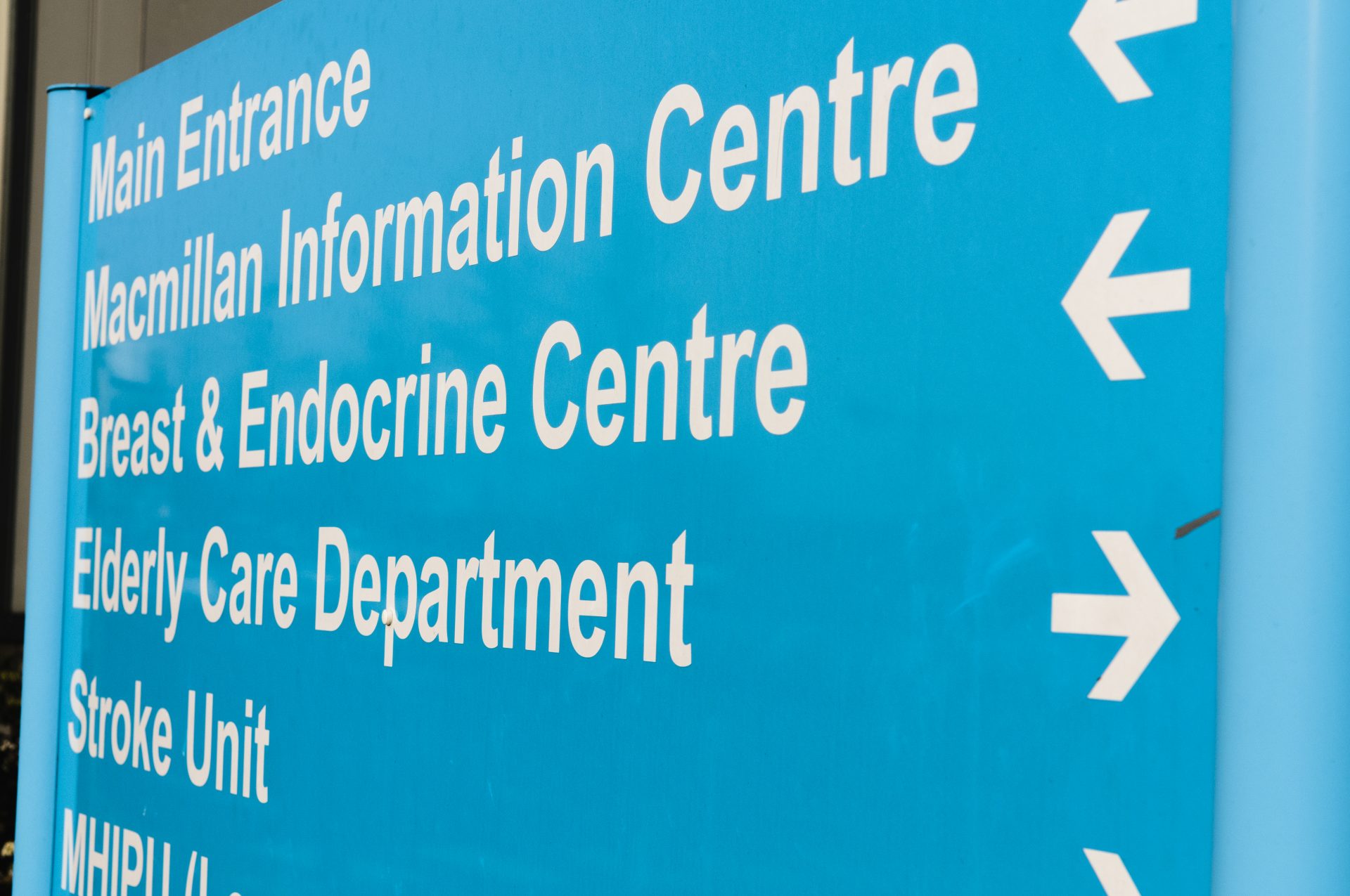“How can I sleep better when I’m working nightshifts?”
Written by Stylist Team
Welcome to Stylist’s Sleep Diaries, where we’re taking a deep-dive into one of the most important (and elusive) factors in our day-to-day lives: sleep. To help us understand more about it, we’re inviting women to track their bedtime routines over a five-day period – and filing these diaries to sleep expert Dr Nerina Ramlakhan for analysis.
In this week’s Sleep Diaries, a 25-year-old Marie Curie healthcare assistant explains that she finds it difficult to sleep during the day when she’s working night shifts.
A little about me:
- Age: 25
- Occupation: Marie Curie healthcare assistant
- Number of hours sleep I get each night: 7
- Any officially diagnosed sleep-related problems: No
- How much water I drink on average per day: I usually drink around 1,500 ml daily
- How much exercise I do on average per week: I usually walk about 2-4 miles daily with the dog
Day 1
I wake up at 6am (thanks to my three-year-old son) and settle down to a cheese omelette and a cup of tea around two hours later.
Then, I take my son to nursery, before walking the dog 3.2 miles round a local loch. When I’m done, I have a baked potato, before setting to and cleaning the house.
I sit down to a dinner of homemade chilli with the family at 6pm, then settle back and binge-watch three hours of TV.
For the last half hour before bed, I play a game on my iPad.
All in all, it’s been a really relaxed day, and my mood is good as a result.

Day 2
I’m woken up by my son at 4am today. As a result, I find myself lying on the couch watching a film with a mug of tea until 6am, when I get showered and give the house a quick tidy.
At 8am, I enjoy a bowl of Crunchy Nut Cornflakes, before dropping my son off at nursery. Then, I meet up with a friend for another three mile dog walk, before heading home for a nap on the couch: I’m working the night shift later, and want to try and get as much rest as possible beforehand.
Dinner is at 5pm today, and we tuck into a plate of salmon skewers, potatoes, and vegetables. Then, I head straight back to bed at 6pm, intending to sleep through until 9pm, but I’m disturbed by my son.
Come 9pm, I’m showering again and getting ready for my night shift. While it’s been a good day, I start to feel tired on my shift due to a lack of sleep beforehand.
It can be frustrating trying to change your sleep patterns for the first day of a night shift.
Day 3
I finish work at 7am, and arrive home half an hour later. I whip myself up a cheese omelette and a cup of tea, before jumping in the shower and taking my son to nursery.
When I get back, I have a two hour nap on the couch, before heading to a family event at 12pm. I’m in a bit of a low mood, though, and feel very tired.
When I get back, I head to bed at 6pm and enjoy three hours of undisturbed sleep thanks to my blackout blinds. Then, at 9pm, I tuck into a baked potato, before showering and heading back to work.

Day 4
I get home at 7.20am feeling exhausted. I make myself another cheese omelette, before showering and taking my son to nursery.
Afterwards, I take my dog on a two-mile walk up a local hill, before heading home to tidy the house.
By 11.40am, I’m asleep, and nap until 2pm.
Dinner is earlier today: we have chicken wraps around 4pm. Once this is done, I head back to bed at 5pm and snooze for a blissfully undisturbed three hours, before waking up at 8pm to settle my son to sleep.
I get ready for work at 9pm. I feel OK in mood, albeit slightly tired (as I said, I do struggle to sleep during the day sometimes), but thankfully it’s my last nightshift of the week.
Day 5
I get home from work at 7.30am and tidy the house, before having breakfast at 8.20am: this time, it’s scrambled eggs and beans, which I wash down with a cup of tea.
I drop my son off at nursery at 9am, before heading to get my eyelashes done at 10.
At 11.30am, I head to my mum’s house and let the carpet fitters in for her, and sit until they’re finished. Then, at 3pm, I settle down for a quick 30-minute nap on my mum’s couch.
At 5pm, I head home and treat myself to a takeaway for dinner as it’s my day off. Then, I sit down and watch TV until 9pm: I feel tired, but I want to stay up so that I can get back into a normal routine again.
Around 9pm, I fall asleep without warning on the sofa. I take myself to bed when I jolt awake again at 1am, and sleep through until 6.30am the following morning.
So, what does it all mean? A sleep expert offers her thoughts
Dr Nerina Ramlakhan, sleep expert and professional physiologist, says: “Shifts can wreak havoc on the body, so you need to really optimise your rest, activity, nutrition and sleep.
“To do this, make sure you really get that water intake up during the shifts, and, when coming off shift, focus on ‘resting’ rather than pressure to ‘sleep’. I would also recommend a good all-purpose multivitamin, just to make sure you’re getting all your nutrients.”

Dr Nerina adds: “It is much better if you can get into bed when you’re resting, so try to head there rather than napping on the couch if you can.
“Black out blinds are a great idea, and white noise, such as a fan, might help you to sleep more deeply. But you’re doing really well to stay up so long and exercise when you comes off your night shifts. And it’s great that you have a dog to help you stay active and get the most of that natural light, as this will help to reset your body clock.”
If you would like to take part in Stylist’s Sleep Diaries, please email us at [email protected] with ‘SLEEP DIARIES’ as the subject. We look forward to hearing from you.
Dr Nerina Ramlakhan is a renowned physiologist and sleep expert and regularly hosts sleep programmes and workshops. She is the bestselling author of several books about sleep, including The Little Book of Sleep: The Art of Natural Sleep (Gaia, 2018).
Marie Curie is the UK’s leading end of life charity, supporting people through all aspects of dying, death and bereavement. Marie Curie Nurses work on the front line, night and day, in people’s homes across the UK, providing hands-on care and vital emotional support. They help people living with a terminal illness to feel safe, supported and cared-for in the place where they’re most comfortable.
Marie Curie’s information and support line is available for anyone with any questions about dying, death, bereavement and terminal illness. Call free on 0800 090 2309 or visit www.mariecurie.org.uk/help/support.
Lead image design: Ami O’Callaghan
Images: Getty
Source: Read Full Article
